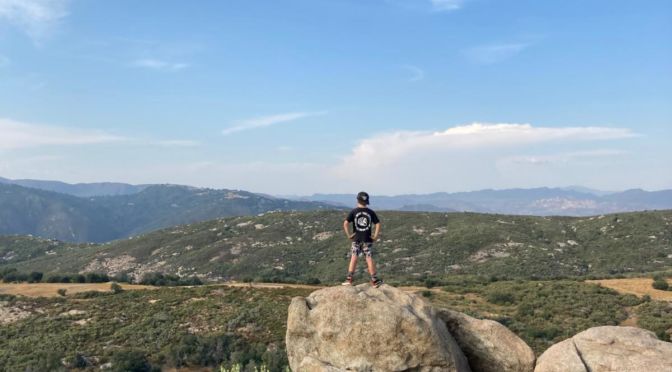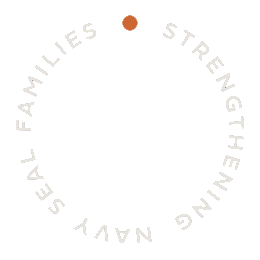
The Importance of Resilience
Written by Jennifer Cooper, MS Psychology, C4 Foundation’s Director of Programs
Imagine your job required close to 260 days a year away from your family, under stressful conditions and the constant pressure of high-performance decisions in life and death situations. This is the constant reality for our SEAL Operators. Often, negative effects of this very taxing job can trickle into every area of family life. It goes without saying that within the 105 days remaining in the year, SEALs and their families need to find a way to integrate healthy portions of recovery, rest, and rejuvenation to sustain healthy family dynamics. At the C4 Ranch, with the implementation of our F.R.O.G. Program and surrounded by beautiful scenery, we provide an atmosphere to foster this much needed rest and recovery. Most importantly, this nature-based retreat prepares SEAL families with the ability to face difficult circumstances by utilizing a tool called Resilience.
The APA defines resilience as the process of adapting well in the face of adversity, trauma, tragedy, threats, or significant sources of stress. An integral part of the C4 F.R.O.G. Program involves the building of resiliency through gratitude and optimism exercises and intentional rejuvenation and relaxation activities. A good measure of resilience promotes the development of thought processes and behaviors that help our families withstand the stressors and grow together from difficult experiences and adversity that are unique to this community.
There are several strategies we have developed in our F.R.O.G. Program that help strengthen resilience. First, find activities that release stress such as physical exercise, outdoor activities, or even just cooking a nutritious meal. If exercise isn’t your thing, meditation, prayer, or setting aside time for quiet reflection, are all positive outlets that ease the negative effects of stress. Second, change your perspective. When we speak on gratitude and optimism in our F.R.O.G. Program, often it involves simply being aware of how you are framing a particular obstacle or challenge in your mind so that you can respond with a more positive outlook. Lastly, find your tribe. When you have connections with people that share common experiences, goals, and lifestyles, that solid support system makes navigating life’s difficulties much more tolerable. So, how are you increasing your capacity for resilience?
Written by Jennifer Cooper, MS Psychology, C4 Foundation’s Director of Programs


